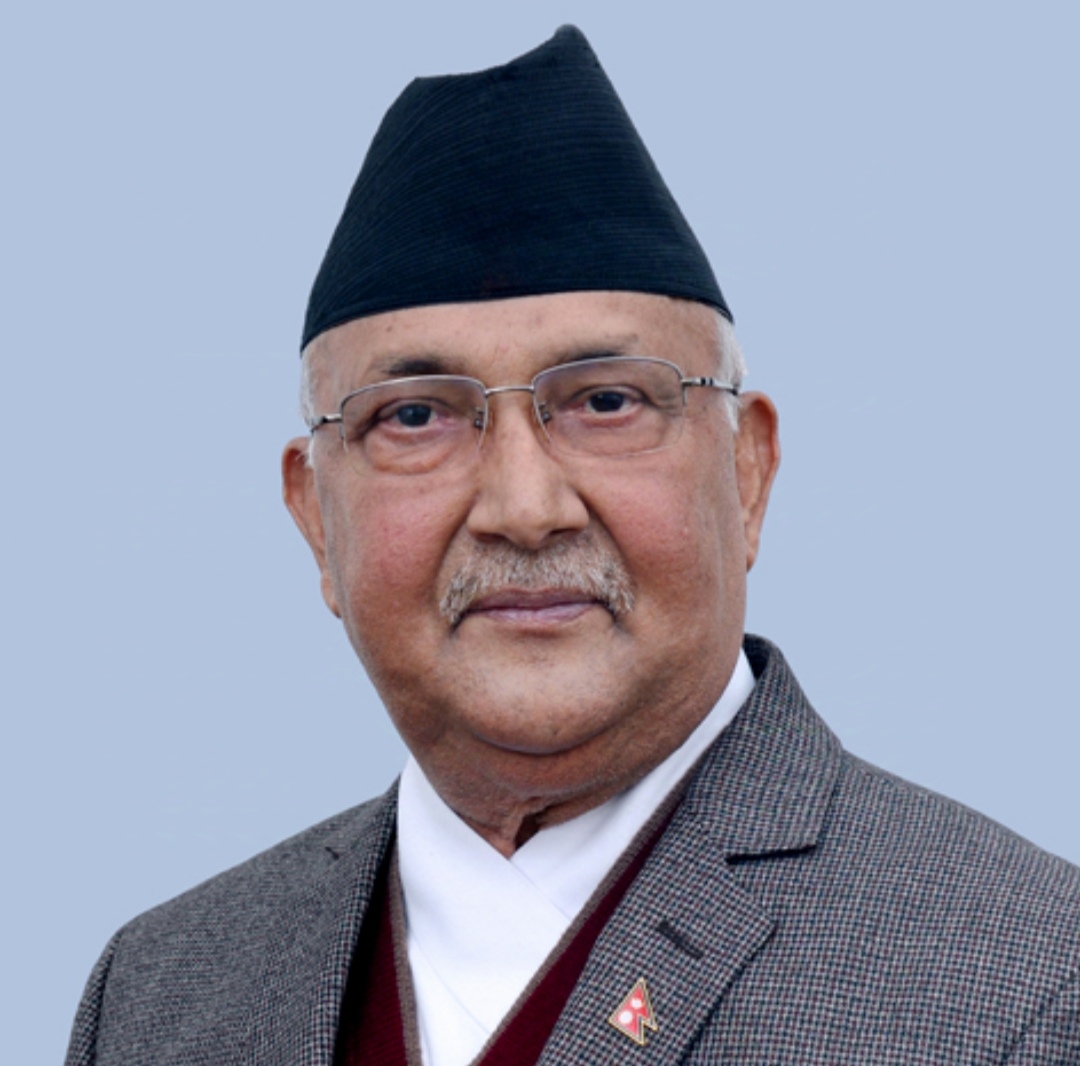Kathmandu – Prime Minister KP Sharma Oli's upcoming visit to China marks a critical juncture in the evolution of Nepal-China relations. With a focus on sustainable development and fostering mutual cooperation, the visit underscores Nepal's strategic priorities in energy, trade, infrastructure, and investment.
Nepal's untapped hydropower potential takes center stage in this bilateral dialogue. As one of the world's leading renewable energy pioneers, China's expertise in hydropower development and installation provides Nepal with a transformative opportunity. By forging joint ventures, the two countries can not only harness Nepal's vast hydropower reserves but also position Nepal as a key electricity exporter in the South Asian region. With new markets opening for Nepal’s electricity exports, this collaboration promises substantial economic returns.
Economic cooperation remains a cornerstone of the visit. Prime Minister Oli is expected to seek clarity on the implementation of the Belt and Road Initiative (BRI) projects in Nepal. By emphasizing transparency, sustainability, and alignment with Nepal's pressing economic needs, the aim is to ensure these projects deliver long-term value to the nation.
Addressing Nepal's trade deficit with China is another priority. Nepali products, particularly agricultural goods and handicrafts, face challenges in accessing the Chinese market. Discussions during the visit aim to secure greater market access for these products, which could significantly bolster Nepal's economy.
Furthermore, the focus on investment and technology transfer aligns with Nepal's vision for industrial modernization. Encouraging Chinese investment in sectors like green energy, IT, and tourism can provide the impetus Nepal needs for sustainable economic growth.
China’s unparalleled expertise in infrastructure development offers another avenue for collaboration. Whether it’s roads, railways, airports, or ports, Nepal stands to benefit from China's experience in creating large-scale, impactful infrastructure.
Importantly, Prime Minister Oli has assured that no loan agreements will be signed during this visit, reflecting a commitment to national interest and economic prudence. This decision comes after consultations with coalition partners, including the Nepali Congress, ensuring a unified approach to foreign policy.
The visit signifies Nepal's balanced diplomatic strategy, emphasizing friendly and equitable relations with all neighbors. As political parties rally around the nation's foreign policy goals, this unity serves as a guiding principle for fostering development and prosperity.
By prioritizing hydropower, trade, investment, and infrastructure, the visit has the potential to redefine Nepal-China relations and chart a new path for Nepal's sustainable development.